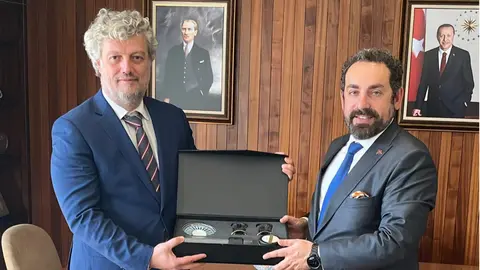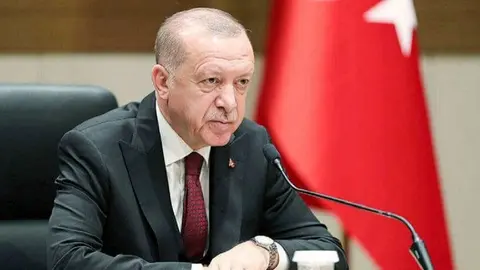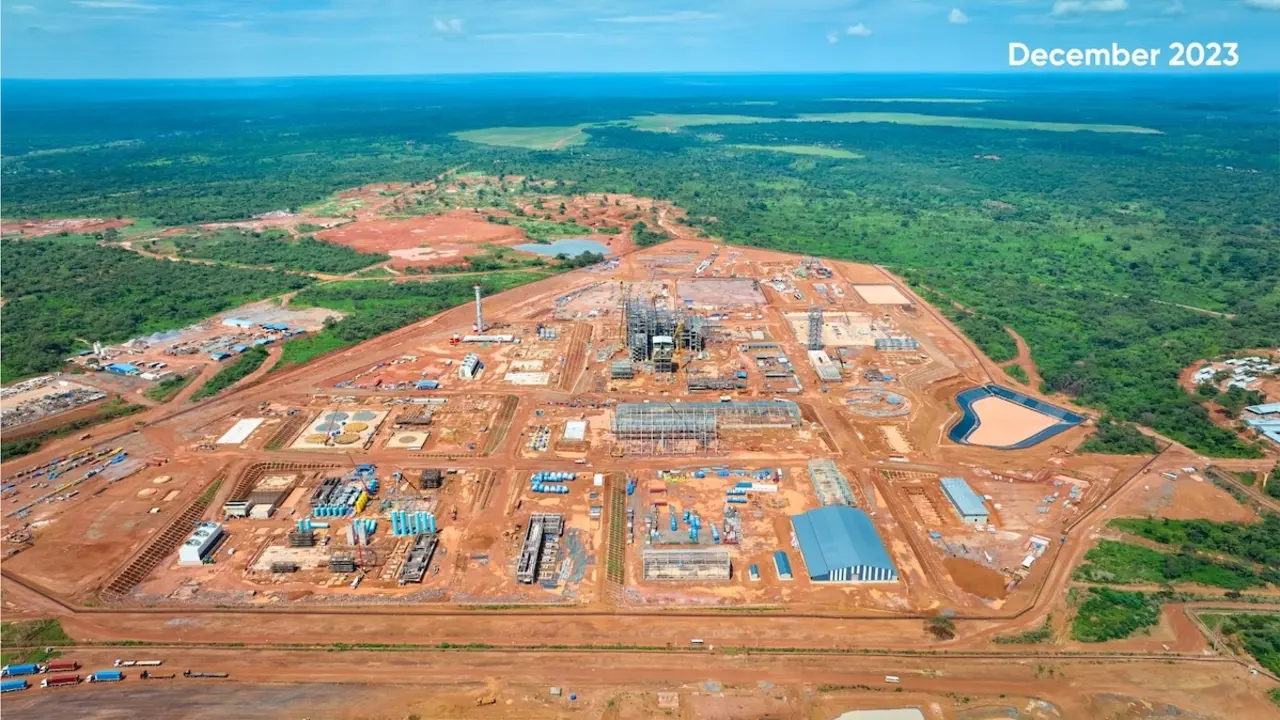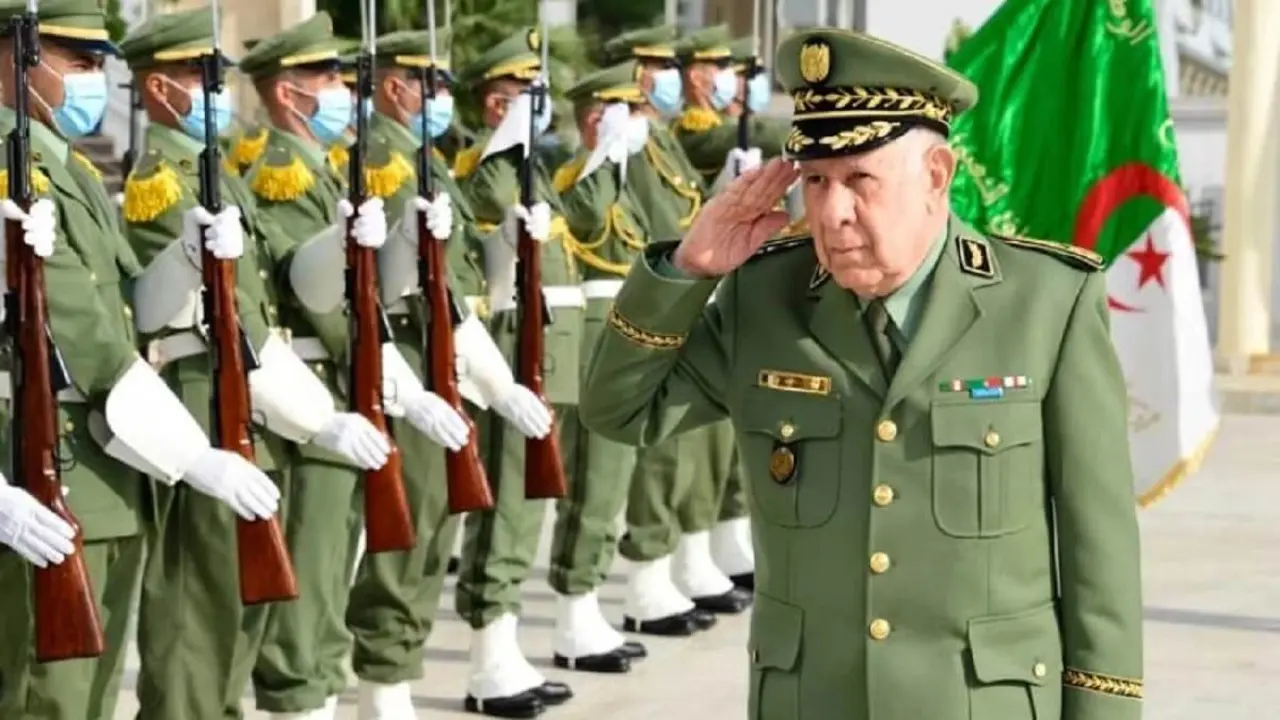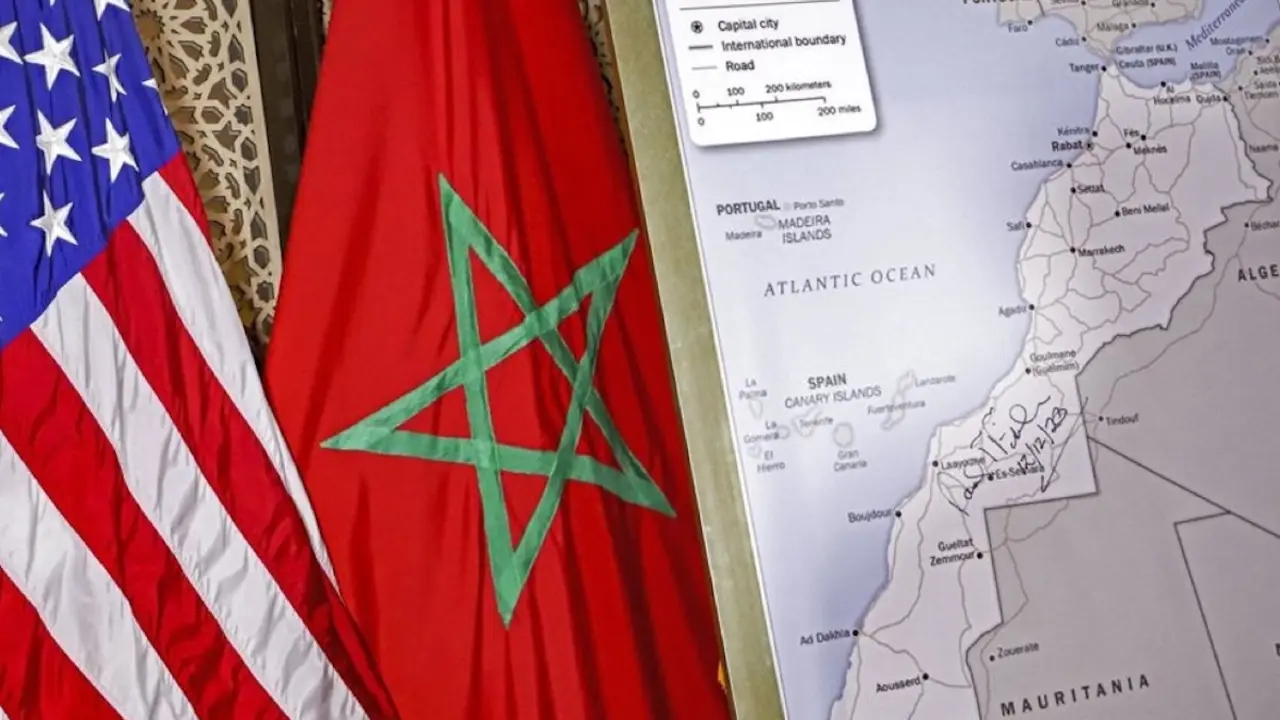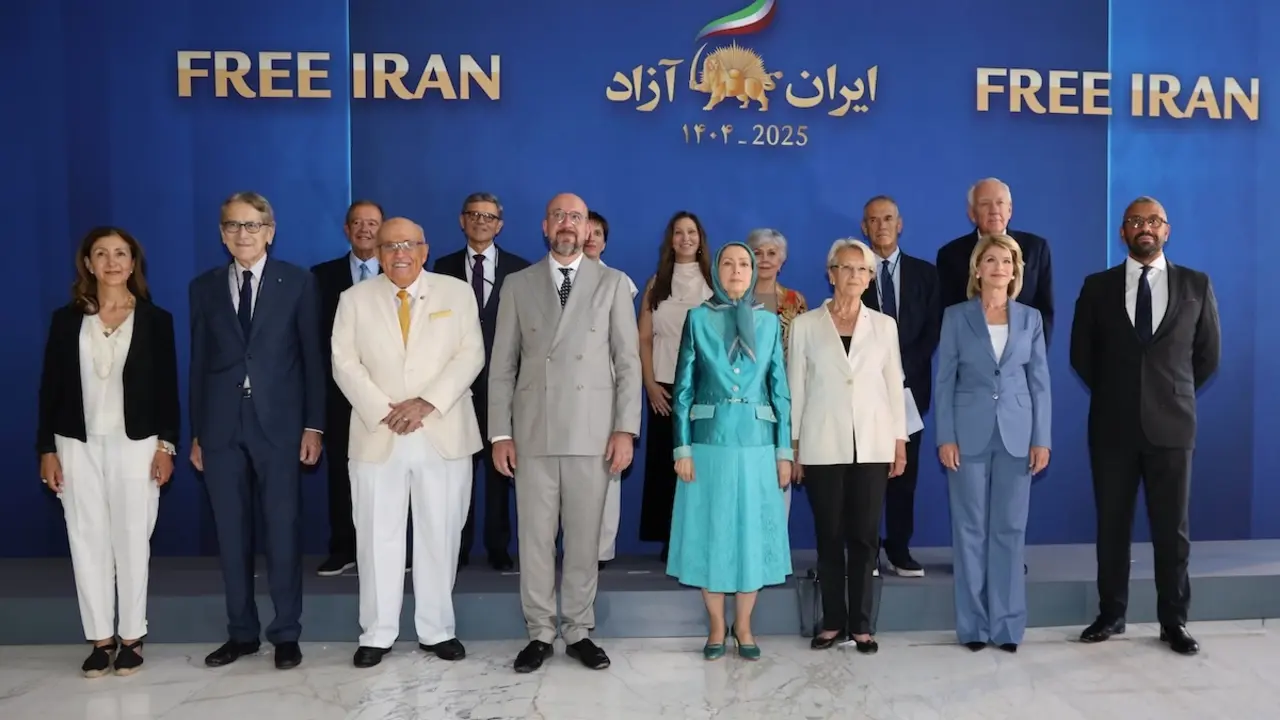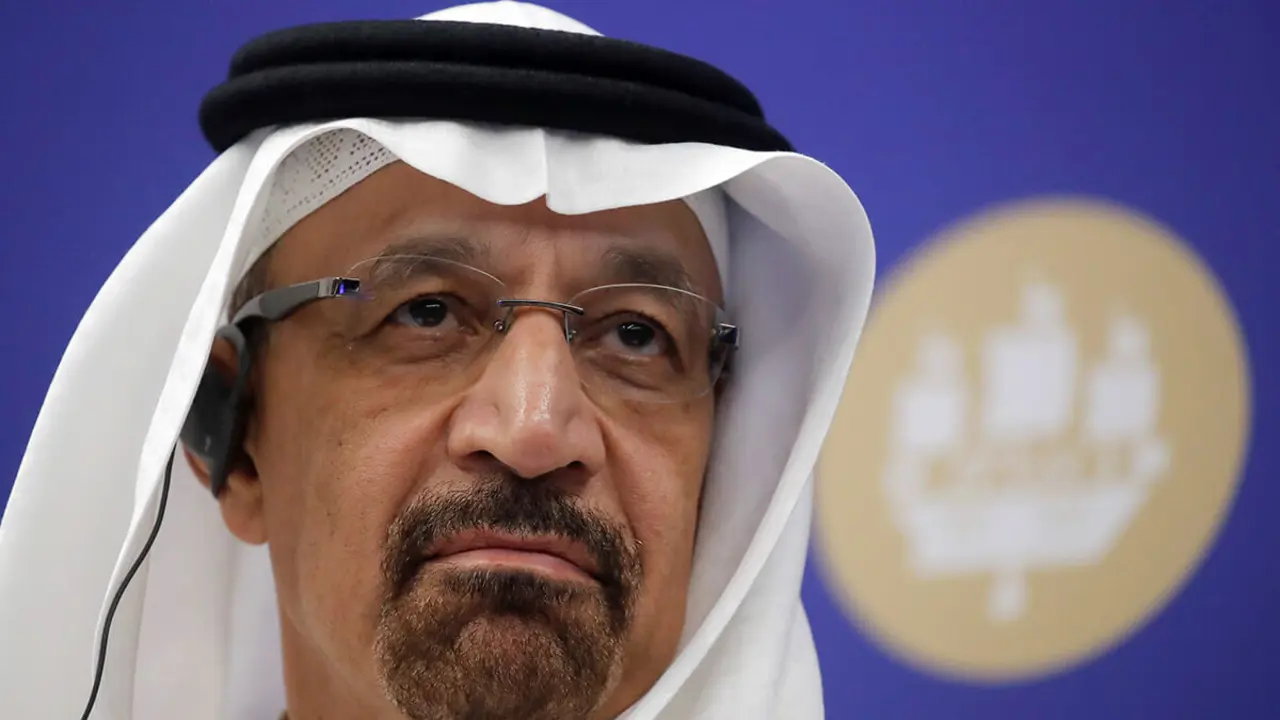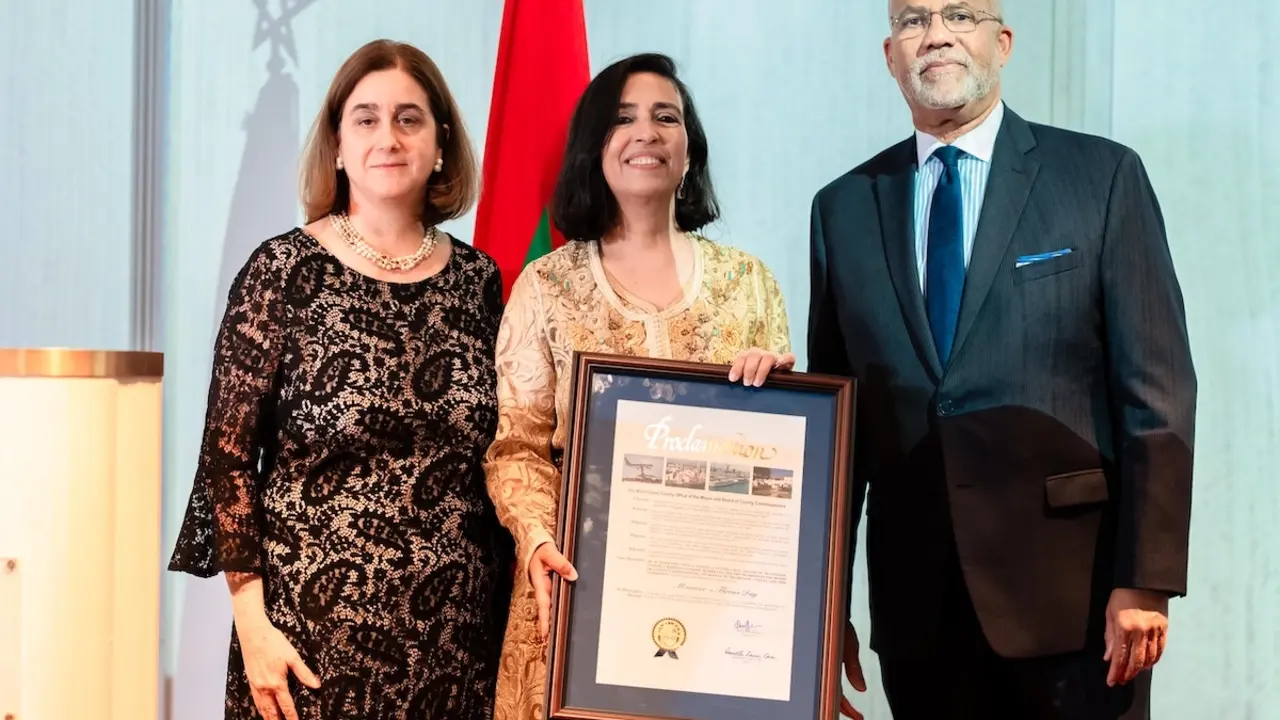Turkey exported arms and aircraft worth 7,154 billion dollars in 2024

The defence industry sector in Turkey is acquiring increasing relevance within the global arms industry. The country has positioned itself among the main players in the defence industry sector thanks to the fact that its products have become the first choice of several countries due to changes in the concepts of war, in addition to their low cost and high performance.
Defence industry exports
Over the last year, Turkish exports from the defence and aviation industries reached 7,154 million dollars. Systems delivered to the Turkish security forces alone contributed approximately 40,000 million dollars to the country's economy.
The export figure exceeded the government's target for 2024, which had been set at 6,500 million dollars. According to the Secretary of Defence Industries, Haluk Gorgun, Turkey exported more than 300 defence products to some 180 countries last year.
The research and development budget in the defence sector last year amounted to some 3 billion dollars. The local component exceeded 80% and prices rose to more than 100 billion dollars, which meant an increase of 29% compared to the figures for 2023.
Europe was one of the main importers of defence products from Turkey, including drones, smart missiles, land vehicles, gun turrets, warships, aeroplanes, helicopters, radars and simulators. It is estimated that more than 3,500 companies operate in this sector and have more than 1,100 active projects.
Over the last year, Turkey has presented various projects to participate in NATO programmes. On the one hand, Spain agreed to buy 24 Hurjet training aircraft, produced by Turkish Aerospace Industries and, on the other hand, the Defence Technologies Engineering Corporation signed an agreement with the Portuguese Navy to build two supply ships.

Main imports
Over the last year, Ankara has exported 4,500 land vehicles to 40 countries; three battle cruisers to the same number of countries; 140 naval platforms to more than 10 countries; ammunition and missiles to 42 countries and 770 drones, both reconnaissance and offensive, to more than 50 countries.
It also exported 1,200 electro-optical systems and fixed weapon systems to 24 countries; attack helicopters to eight countries; radars to 100 countries; weapons, rifles and pistols of different sizes to 111 countries; 1,500 kamikaze drones and two Har Kosh aircraft to two countries.
The companies that export the most in the Turkish defence sector include Aselsan, the country's leading electronics company; Baykar, the company that manufactures the TB2 armed drones; and the state-owned defence and aerospace company, TUSAS.
Drones are the main export, due to their low cost and high performance. Turkey considers drone sales to be important for its defence industry and for expanding Turkish influence outside the country, although this can have some risks such as generating more conflicts or damaging Turkey's reputation.
Following the successes achieved in 2024, Turkey, a NATO member country, expects to reach new records in defence production and exports this year. Three Altay tanks are even expected to be delivered to the Turkish Armed Forces after they leave the production line.
In this way, in Turkey, efforts continue to manufacture a local engine for the Altay and work is also being done on the development of missile propulsion engines. In addition, Turkish engineers are also seeking to develop a national engine for the Gobkey helicopter.

Expectations in the defence sector
On the other hand, Turkey is focusing on defence diplomacy, which reflects its interest in seeking a more independent foreign policy and managing its international relations with greater independence.
This last point is essential, due to past tensions with NATO allies, caused by the controversial purchase of the Russian S-400 missile system, which subsequently led to Turkey's exclusion from the F-35 programme. This shows Ankara's shift towards a more independent and broader defence outside NATO.
This independent stance allows Turkey to engage with more countries, including those under international sanctions or in politically sensitive regions. This has also positioned the country as a major partner for those seeking to acquire advanced military technology, but without the conditions normally imposed by Western suppliers.

In this way, it could also capture a larger share of the global arms market, especially in the niche of the higher-income Gulf Cooperation Council countries and the upper-middle-income countries in Asia and Africa.
Despite the positive trajectory of 2024, international sanctions imposed by Western countries could represent an obstacle. In addition, Turkey's defence industry still relies on many foreign suppliers for high-tech systems, which can be a vulnerability in times of geopolitical tension or supply chain disruptions.
In the coming years, Turkey hopes to diversify its strategic partnerships by strengthening cooperation with countries in the Gulf, Europe and Asia, as well as prioritising national production, as it has already done with the KAAN, a fifth-generation fighter jet.

